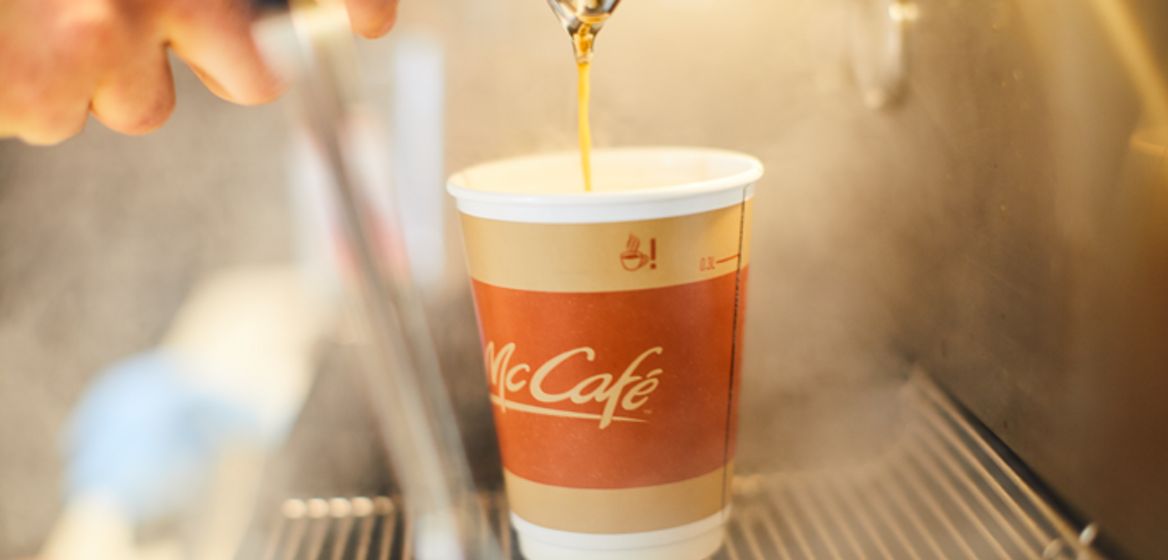What Does It Mean to Source Sustainable Coffee?
November 29, 2018
Every year, nearly 18 million acres of forest are permanently destroyed by agriculture and development.
That’s the size of the entire country of Panama. Every year.[1]
Deforestation is often associated with the production of paper, but in reality, there are many other agricultural crops that contribute to this global issue. One of the biggest is coffee.
Coffee is an incredibly time and labor-intensive crop. It requires very specific environmental conditions to thrive, but rising temperatures, droughts, frosts and changing weather patterns resulting from climate change are threatening the future of coffee farming.
So when we are faced with the environmentally harmful practices already in place and the effects of global climate change, how can we ensure a productive future for the coffee farming industry?
It all starts with sustainability.
Sustainability is a hot topic now more than ever, but what exactly does it mean? When it comes to coffee, it means two things:
- Protecting the land, climate and fresh water coffee needs to grow
- Supporting the 125 million people worldwide who depend on coffee for their livelihood[2]
Take for example, a standard drip coffee. Regular coffee production uses nearly 37 gallons of water to grow and process enough coffee beans to make just that one cup of coffee[3]. When you consider that the percentage of the planet affected by drought has more than doubled in the past 40 years, it makes using water responsibly that much more important. Because the area of the world experiencing water shortages is going up, using an excess amount of water to process our food is considered an unsustainable practice.
We know unsustainable practices are common in the agriculture industry, but here at McDonald’s, we’re using our size and scale to change these practices and have less of an impact on our planet.
To help preserve the land where our coffee grows, McDonald’s sources coffee beans from Rainforest Alliance-Certified farms and other verified sustainable sources. In fact, coffee from high-deforestation risk countries made up less than 6% of our global supply in 2017.
As part of the McCafé Sustainability Improvement Platform (SIP), in partnership with our suppliers, we provide education and training to farmers to combat water scarcity. To top it off, McDonald’s is a member of Conservation International’s Sustainable Coffee Challenge, which aims to make coffee the world’s first sustainable agricultural product.
By 2020, all McCafé coffee will be sustainably sourced. We know there’s still a lot of work to be done to reach our goal, but we’re committed to making this change as an industry leader.
Learn more about our efforts to improve farmer livelihood and increase adoption of sustainable coffee production here.
[1] Source: World Wildlife Fund
[2] Source: Fair Trade UK

